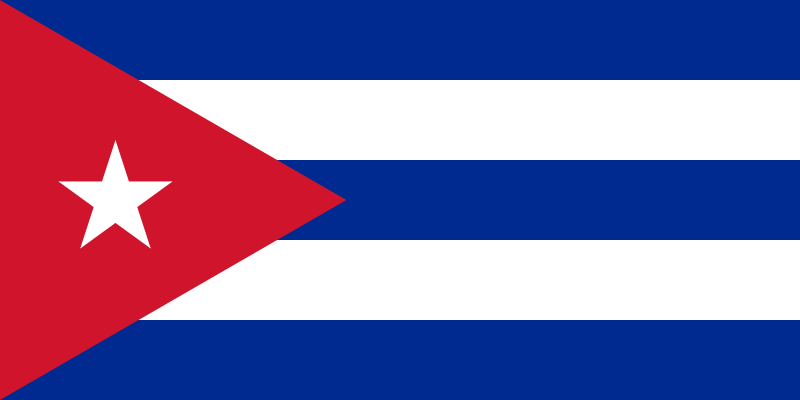Education, Part 4b
Cuba: A Nation Becoming a University
Universalisation of the University
The central idea within the
German Karl Marx’s “Capital”, and within the Brazilian Paulo Freire’s “Pedagogy
of the Oppressed”, is the full restoration of the human Subject as an
individual, within human society, making humanity out of a material world.
This dialectic of the
individual and the collective was well expressed by Marx and his friend Frederick
Engels when they wrote, in the Communist Manifesto of 1848:
“In place of
the old bourgeois society, with its classes and class antagonisms, we shall
have an association in which the free development of each is the condition for
the free development of all.”
The SACP’s constitutional
stricture is to “Educate, Organise and Mobilise”. Education is the means by
which organising and mobilising are done. Education is more than a preparation
for politics. Education is the method of politics and the substance of
politics, which, when considered broadly, excludes all other substances.
Education is the essence of humanism.
We have looked at N F S
Grundtvig’s vanguard role in relation to the Danish Folk-High-Schools, institutions
which played a major part in the reconstruction of that country as a modern
nation, even though bourgeois, and even though still having a king or a queen.
In the present time another
and more advanced illustration of the idea of education as the substance of
political practice is Cuba, a country that has become one big university, and a
“society of knowledge”.
Please see the article
(download linked below) by the US philosopher Cliff DuRand for an exposition of
this concept, including what is called the “Universalisation of the
University”.
“Raising
the cultural and educational level of the entire [Cuban] population has become
a central focus,” writes DuRand.
This is what South Africa
needs to do, for all the reasons mentioned by DuRand, and for additional
reasons having to do with our own history.
As is the case with China, in
relation to town planning, for example, where the Chinese are the leaders in
the world today, Cuban literature on educational theory is hard, or practically
impossible, to find in English translation on the Internet.
Cliff DuRand has done a good
job with this article in terms of problematising education in the Cuban
context, and showing how education can be seen as the answer to nation-building
problems even in what appear to be unfavourable circumstances, such as youth
unemployment, and what he calls “class closure”.
In the next item, concluding
this part, we will have Frantz Fanon’s (Martinique; Algeria) views about
development and education, with reference to countries Africa that had newly
become independent at the time of his writing.
As a taster, here is one
sentence from Fanon that fits well with DuRand’s article:
“If
nationalism is not made explicit, if it is not enriched and deepened by a very
rapid transformation into a consciousness of social and political needs, in
other words into humanism, it leads up a blind alley.”
·
The above is to
introduce the original reading-texts: Cuba - A Nation
Becoming a University, DuRand, MRZine.



0 comments:
Post a Comment
Post a Comment